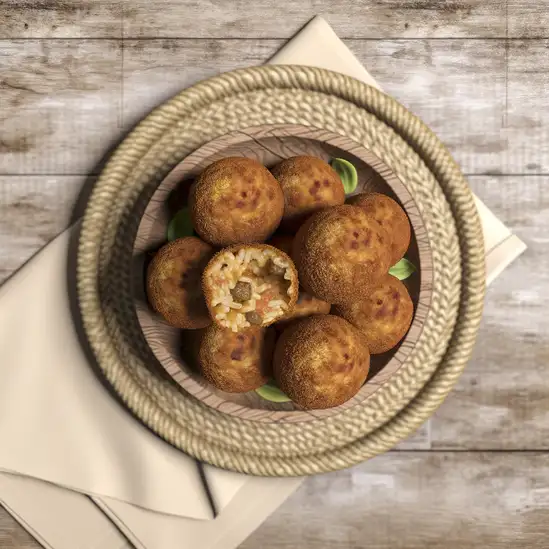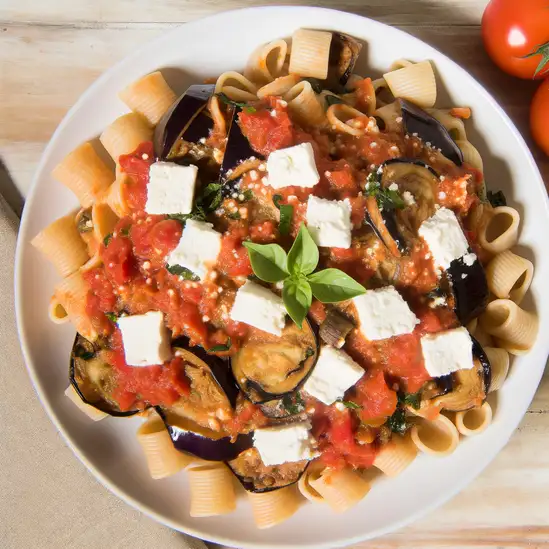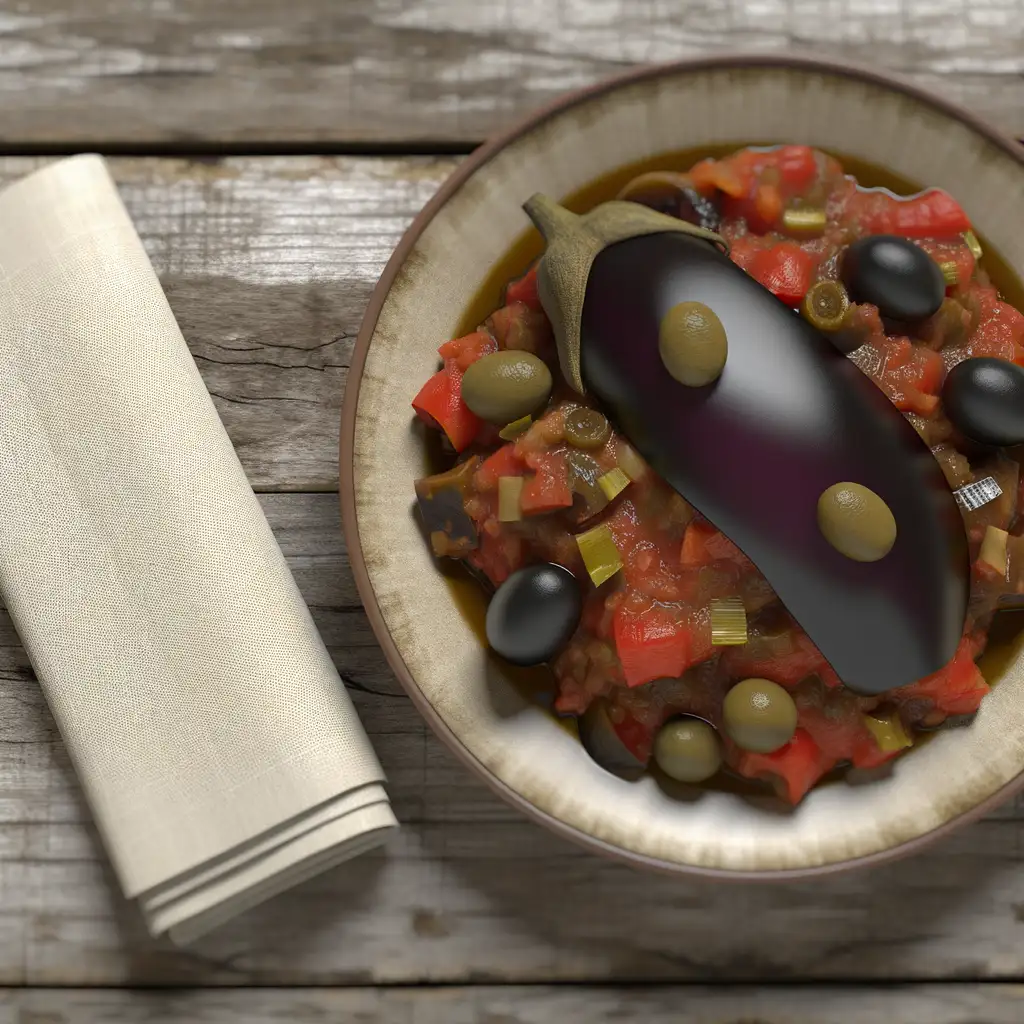



If you wander into Catania,you’ll immediately feel the city’s pulse—vibrant,a little wild,and utterly alive. Nestled at the foot of Mount Etna,this Sicilian city wears its history on its sleeve,with baroque buildings dusted in volcanic stone that seem to hum stories of centuries past. The streets buzz with the chatter of locals,the clatter of espresso cups,and the occasional call of street vendors selling fresh catch or fragrant citrus. There’s a raw energy here,a mix of old-world charm and everyday grit that makes you want to slow down and soak it all in. Walking through the fish market,your senses come alive:the salty tang of the sea mingles with the sharp scent of lemon and the earthy aroma of fresh herbs. You’ll hear the lively bargaining,the laughter,and the rhythmic chopping of knives. Grab a granita—icy,sweet,and refreshing—and sit by the Piazza del Duomo,watching the world go by beneath the watchful gaze of the elephant fountain,a quirky symbol of the city’s resilience. Catania’s character is a blend of fiery passion and warm hospitality. The people here are proud,fiercely connected to their roots,and eager to share their culture through food,music,and stories. Whether you’re savoring a plate of pasta alla Norma or wandering through narrow alleys lined with vibrant street art,you’ll find a city that invites you to experience Sicily in its most authentic,unpolished form.
The information on this page is currently being reviewed by Tripkliq and should be used as a guide only
Eng word: Hello
Eng pronunciation: chow
Local language: Ciao
Eng word: Goodbye
Eng pronunciation: ah-ree-veh-DEHR-chee
Local language: Arrivederci
Eng word: Thank you
Eng pronunciation: GRAH-tsee-eh
Local language: Grazie
Eng word: How much
Eng pronunciation: KWAN-toh KOH-stah
Local language: Quanto costa
Eng word: Toilet
Eng pronunciation: BAHN-yo
Local language: Bagno
Eng word: Help me
Eng pronunciation: ah-YOO-tah-mee
Local language: Aiutami
Eng word: Yes
Eng pronunciation: see
Local language: Sì
Eng word: No
Eng pronunciation: noh
Local language: No
Eng word: Excuse me
Eng pronunciation: SKOO-zee
Local language: Scusi
Catania was founded in the 8th century BC by Greek colonists and later became an important Roman city.
The city has been destroyed multiple times throughout history by eruptions from nearby Mount Etna, the largest active volcano in Europe.
In the 11th century, Catania was conquered by the Normans, who transformed the city with new fortifications and buildings.
Following a devastating earthquake in 1693, Catania was rebuilt in the Baroque style, resulting in many beautiful buildings and churches.
In 1282, a rebellion known as the Sicilian Vespers started in Catania, leading to a war of independence against the rule of the Angevin Kings of Naples.
During World War II, Catania was heavily bombed by Allied forces in an effort to weaken Axis control of the city.
In 1943, the occupying Nazi forces carried out a brutal massacre in Catania, killing hundreds of civilians in retaliation for partisan attacks.
Established in 1434, the University of Catania is one of the oldest universities in Italy and has a long history of academic excellence.
The city is famous for its vibrant fish market, which has been operating for centuries and is a popular destination for both locals and tourists.
In Catania, the most common Power Adaptor is Type C, Type F, Type L.







Deep-fried rice balls filled with ragù, mozzarella, and peas, often served as a snack or appetizer.

A traditional Sicilian pasta dish made with eggplant, tomato sauce, ricotta salata, and basil.

Fried pastry shells filled with sweet ricotta cheese, often garnished with chocolate chips or candied fruit.

A sweet and sour eggplant dish made with tomatoes, celery, olives, and capers, typically served as a side or appetizer.

Grilled swordfish, a popular dish in Catania, typically seasoned with olive oil, lemon, and herbs.

Grilled mackerel, often seasoned with olive oil, lemon, and herbs, showcasing the fresh seafood of the region.

A traditional street food made from boiled and fried pork, often served with bread and a sprinkle of lemon.

A semi-frozen dessert made from sugar, water, and various flavorings, commonly enjoyed as a refreshing treat, especially in summer.
Palermo feels like stepping into a vibrant mosaic where every corner hums with life and history. The city’s energy is a mix of old-world charm and raw,bustling street scenes—imagine narrow alleys lined with colorful market stalls,the air thick with the scent of fresh citrus,roasting coffee,and salty sea breeze. As you wander,you’ll hear the lively chatter of locals bargaining over fresh fish and the distant melody of street musicians playing traditional Sicilian tunes. It’s a place where the past and present dance together effortlessly.
What really grabs you about Palermo is its character—gritty yet warm,chaotic yet inviting. The architecture tells stories of centuries,from the intricate Arab-Norman palaces to the baroque churches that seem to glow in the golden afternoon light. But it’s not just about sights; it’s the feeling of sitting at a tiny trattoria,savoring arancini that crackle with every bite or a plate of pasta alla Norma bursting with fresh tomatoes and ricotta salata,while the world buzzes around you.
Palermo’s soul is in its people and their love for life,food,and tradition. Whether you’re exploring the vibrant markets like Ballarò or soaking in the sunset over the Mediterranean from the ancient fortress walls,you’ll find a city that invites you to slow down,breathe deeply,and savor every moment. It’s messy,passionate,and utterly unforgettable.
If you ever find yourself wandering through Sicily,Taormina is one of those places that instantly wraps you in a warm,timeless embrace. Imagine strolling along narrow cobblestone streets lined with vibrant bougainvillea,the salty breeze from the Ionian Sea mingling with the scent of fresh espresso and blooming jasmine. The town perches dramatically on a hill,offering jaw-dropping views of the sparkling Mediterranean below and the majestic silhouette of Mount Etna in the distance. It’s a place where history and everyday life blend effortlessly—ancient Greek theaters sit just steps away from lively piazzas filled with locals chatting over glasses of rich Nero d’Avola wine.
What really struck me about Taormina was its rhythm. Mornings start slow,with the gentle clinking of cups and the soft murmur of shopkeepers setting up. By afternoon,the streets buzz with the laughter of children and the hum of scooters weaving through the maze of alleys. As the sun dips,the town transforms; terraces glow with candlelight,and the aroma of grilled seafood and fresh herbs drifts from trattorias. Sitting down to a plate of pasta alla Norma,with its smoky eggplant and tangy ricotta salata,feels like tasting the very soul of Sicily.
Taormina isn’t just a place to see—it’s a place to feel. It invites you to slow down,savor every moment,and soak in a culture that’s as rich and layered as the volcanic soil beneath your feet. Trust me,once you’ve experienced its charm,you’ll carry a piece of Taormina with you long after you leave.
Messina has this effortlessly warm,lived-in vibe that instantly makes you feel like you’ve stepped into a place where history and everyday life dance together. As you wander its sun-dappled streets,you’ll hear the melodic chatter of locals blending with the distant hum of the harbor’s boats. The salty breeze from the Strait of Messina carries the scent of fresh seafood mingled with the faint aroma of citrus groves nearby—it''s like the city’s inviting you to slow down and savor the moment.
What really sets Messina apart is its blend of rugged charm and gentle elegance. The city wears its scars from past earthquakes with pride,each rebuilt corner telling a story of resilience. You’ll find yourself drawn to the ornate cathedral with its astronomical clock,where the bells chime in a way that feels almost magical. Cafés spill onto piazzas,where you can sip a rich espresso or a glass of local wine while watching fishermen unload their catch,the vibrant colors of fresh fish and vegetables painting a lively scene.
Messina’s culture pulses with a genuine warmth—people here are open,proud of their roots,and eager to share their traditions. Whether you’re tasting the sweet,sticky granita or wandering through bustling markets filled with laughter and bargaining,there’s a sense of belonging that wraps around you. It’s a city that invites you to explore slowly,to listen closely,and to fall in love with its honest,unpretentious spirit.
Naples feels like stepping into a living,breathing storybook where every street corner hums with life and history. The city’s energy is raw and unfiltered—imagine narrow alleys bursting with the aroma of fresh espresso and wood-fired pizza,while the chatter of locals spills out from bustling cafés. It’s a place where the past and present collide beautifully:ancient ruins nestle beside vibrant markets,and baroque churches stand tall amid colorful,graffiti-splashed walls. Walking through Naples,you can almost taste the city’s soul in the salty sea breeze mingling with the scent of basil and ripe tomatoes.
What really grabs you is Naples’ character—bold,unapologetic,and fiercely proud. The people here have a warmth that’s instantly welcoming,whether they’re sharing stories over a slice of the world’s best Margherita pizza or guiding you to a tucked-away viewpoint overlooking the shimmering Bay of Naples. The city’s soundtrack is a lively mix of street musicians,church bells,and the occasional honk of scooters weaving through traffic,creating a rhythm that’s uniquely Neapolitan.
And then there’s the food—oh,the food! It’s not just a meal; it’s a celebration. From the first bite of a perfectly blistered pizza to the sweet,creamy delight of sfogliatella,every flavor tells a story. Naples invites you to slow down,savor the moment,and dive headfirst into its vibrant culture. Trust me,once you’ve wandered its streets and tasted its flavors,Naples stays with you long after you leave.
A historic city on the southeastern coast of Sicily,Syracuse is known for its ancient Greek ruins,including the Ear of Dionysius,and the charming island of Ortigia,which is a UNESCO World Heritage site.
ExploreImagine stepping into a place where the sun kisses ancient stone walls and the salty breeze carries whispers of the Mediterranean—welcome to Cagliari. This Sardinian city pulses with a laid-back charm that feels both timeless and alive. Wander through its narrow,winding streets in the Castello district,where pastel-colored buildings lean into each other,and the scent of fresh bread mingles with the distant hum of the sea. Here,history isn’t just in museums; it’s etched into every corner,from Roman ruins to Byzantine towers,all framed by vibrant bougainvillea spilling over balconies.
As you stroll along Poetto Beach,the soft sand warms your feet while the rhythmic crash of waves invites you to pause and breathe. Cafés spill onto piazzas,where locals sip espresso and chat animatedly,their voices blending with the clinking of glasses filled with crisp Vermentino wine. The markets buzz with life—fresh fish glistens under the sun,ripe tomatoes and fragrant basil tempt your senses,and the aroma of roasted chestnuts lingers in the air.
Cagliari’s soul is a mix of old-world grace and Mediterranean zest. It’s a place where you can lose yourself in art-filled churches,then find yourself again in a lively trattoria,savoring fregola pasta with clams,each bite a celebration of Sardinia’s rich flavors. Visiting here feels like stepping into a warm embrace—inviting,vibrant,and utterly unforgettable.
Scammers may install skimming devices on ATMs to steal card information from unsuspecting tourists.
A scammer may ask a tourist to take a photo with a 'broken' camera, then accuse them of breaking it and demand compensation.
Scammers may pose as charity workers asking for donations, but the money does not go to any legitimate cause.
Scammers may pose as parking attendants, charging tourists for parking in free or public spaces.
Unlicensed individuals may approach tourists offering guided tours, but they often provide little value or incorrect information.
Shops near tourist attractions may sell souvenirs at inflated prices, banking on tourists not knowing the fair market value.
Some taxi drivers may overcharge tourists by not using the meter or taking unnecessarily long routes.
Crowded areas like markets, train stations, and tourist attractions are hotspots for pickpockets targeting distracted visitors.
Restaurants may add extra items or hidden fees to the bill, assuming tourists won't notice.
Vendors may sell counterfeit goods or overcharge for low-quality items, targeting unsuspecting tourists.
Italy has strict laws regarding the possession, use, and trafficking of drugs. Possession of small amounts of certain drugs for personal use may result in administrative penalties, such as fines or the suspension of a driver's license, rather than criminal charges. However, possession of larger quantities or trafficking can lead to severe criminal penalties, including imprisonment. Tourists should avoid any involvement with illegal drugs to avoid legal issues.
In Catania, as in the rest of Italy, smoking is prohibited in enclosed public spaces, including restaurants, bars, and public transportation. There are designated smoking areas in some public places, and smoking is generally allowed outdoors unless otherwise indicated. Fines can be imposed for smoking in non-designated areas.
Vaping is subject to similar regulations as smoking in Catania. It is prohibited in enclosed public spaces and public transportation. Some establishments may have specific policies regarding vaping, so it is advisable to check for any signage or ask staff. Vaping is generally allowed outdoors unless there are specific local restrictions.
What are other people saying about Catania?
Recent Social posts about Catania
There is nothing to show you for now.